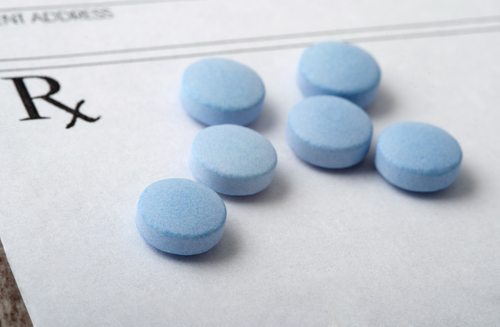Adderall is a prescription drug used to treat ADHD and narcolepsy. The brain and body are affected by use of the drug, which peaks 1-2 hours after ingestion. Explore the ways Adderall impacts the body and how it is used to help people.
How Adderall Works
Amphetamine salts is another name for Adderall which can sometimes have dangerous side effects. Even at normal doses, Adderall can sometimes cause more serious effects including shortness of breath, seizures, heart problems, hallucinations or changes in behavior. There is no way to predict who will experience the effects. Adderall is safe up to 40 mg per day for children and 60 mg per day for adults but physical tolerance can develop, depending on an individual person’s chemistry.
Brain and Nervous System
Adderall impacts the central nervous system as a stimulant. At a most basic level, Adderall works to increase the amount of dopamine and norephinephrine in the brain. People who use Adderall for non-medical reasons may experience euphoric feelings. Pursuing a high from Adderall can lead to addiction. Therapeutic use of Adderall rarely turns into addiction as long as dosages are monitored. People who use Adderall to treat ADHD won’t get ‘high’ from the medication. Adderall’s stimulant qualities affect the brain and nervous system by:
- Impacting sleep patterns
- Creating nervous feelings
- Increasing feelings of restlessness
How Quickly Adderall Works
The peak level for Adderall is reached within the blood in 1-2 hours. At that point, Adderall has taken full effect. Sometimes people crush and snort the powder from the tablets to try and get more immediate effects. The practice can be dangerous with snorting resulting in possible overdose or death.
Adderall works best when taken as prescribed by the doctor. Taking Adderall only when it is needed can make the medication less effective just as taking it with large amounts of vitamin C may lessen the effects. Mixing alcohol with Adderall does not enhance Adderall effects. Drinking while on Adderall increases the risk of alcohol poisoning and related accidents or death.
Adderall is not right for every person. Amphetamine salts should not be prescribed to a person who does not need it for legitimate medical purposes due to the risk of adverse side effects, including possible addiction. The drug is addictive and should be avoided by people with a history of addiction. Adderall may trigger serious side effects, especially in people with a history of seizures or cardiovascular conditions. If a problem starts with Adderall, it is possible to get help through counseling or therapeutic treatments which help a person recover from addiction.
If you or a loved one struggle to quit Adderall, contact The Villa. We can help you navigate the journey to recovery to restore health and balance.

